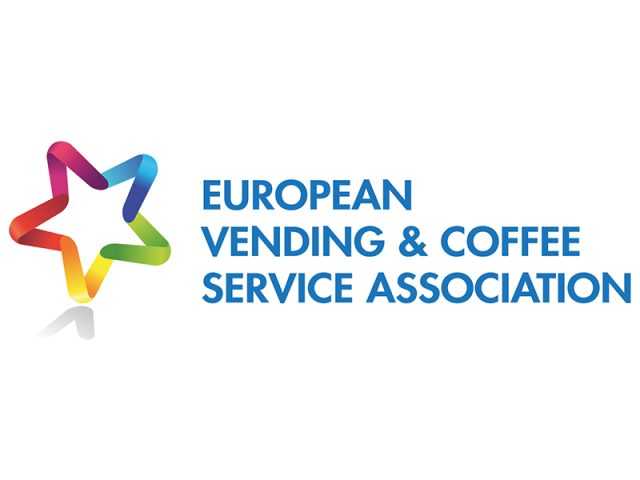MILAN — With over 100 participants, EVA ’s webinar yesterday saw the official launch of its manifesto which introduced the industry, its challenges, and its calls for action for the current parliamentary term. Yesterday’s event heard from a diverse group of high level stakeholders, including MEP Brando Benifei, MEP Stefan Berger, and Emmanuelle Maire, Head of Unit in DG ENV.
The webinar addressed important topics for vending such as the circular economy, the promotion of healthy lifestyles, payment innovations, and support for the recovery of SMEs following the Covid-19 pandemic.
President of EVA, Paolo Ghidotti, kicked off the discussion and outlined EVA’s ambition to build a strong, sustainable, and innovative vending and coffee service industry.
With 80% of vending machines located in factories and offices, it was no surprise that the Covid-19 pandemic affected the industry – with less commuting and less working at the office, consumption dropped dramatically.
However, Ghidotti believes the pandemic has also presented opportunities and room for innovation whether it be vending machines selling personal protective equipment, or as eventual replacements for larger canteens.
The EVA President called on the EU to recognise the big steps the industry is making with regards to energy efficiency and highlighted the need for the EU institutions to be conscious of the practical constraints which affect the vending industry.
He also asked for the vending sector to be adequately factored into any revision of the European electronic payment rules.
Finally, he called on the EU to collaborate with the vending sector to promote better health and nutrition. “We hope for greater collaboration between EU decision-makers and our industry to promote better health and nutrition capitalising on the potential for vending machines to offer healthier products in a convenient manner” said Ghidotti. When asked whether EVA would sign the upcoming EU Code of Conduct (CoC) for responsible businesses, Ghidotti confirmed that EVA would play its part to ensure a wider range of products are available in its machines, is participating in the stakeholder meetings on the CoC and hopes to be in a position to sign the Code later this year.
Through an EU lens, Emmanuelle Maire provided an overview of the Commission’s actions when it comes to the circular economy.
With grants and loans available under the NextGenerationEU programme and the Multiannual Financial Framework, Maire highlighted that there are multiple grants available to industries pioneering a circular economy agenda.
Maire also highlighted the importance to further work on the sustainable design of products. “We are looking at revising and widening the ecodesign directive beyond energy-related products and beyond the energy efficiency” said Maire.
Taking us to another policy area, MEP Stefan Berger touched on digital payments and ways in which the vending industry can make them easy and seamless.
“Non-cash payments have dramatically increased with the pandemic… this is a trend we cannot stop, and we should not stop” said MEP Berger.
With Berger confidently asserting that cryptocurrency and tokens will dominate future payments, he encouraged the sector to invest in these forms of payments.
“The real revolution in payment is yet to come” said MEP Berger, acknowledging that the European Parliament is currently reviewing how to establish a digital Europe with a digital euro.
Yesterday’s webinar was concluded by MEP Brando Benifei. Aware that the vending industry is composed of 99% of SME’s, Benifei recognised that the pandemic has disrupted supply chains across the sector and assured those present that these disruptions were taken into account when debating and deciding the new SME strategy.
Benifei gave an overview of EU support to SME’s and commended EVA for their willingness to embrace the green transition despite being hard hit by the crisis.
The webinar touched on some crucial topics crucial for growth of the vending sector. EVA is ready and willing to invest and adapt to a green and digital future, but expects and needs the EU to take into consideration the views, expertise as well as current challenges faced by the industry.


















